Income Tax saving saving investment schemes for senior citizens: Check three best plans
Best Income Tax Saving Investment Schemes for Senior Citizens: Income Tax planning is one of the most important financial activities for all taxpayers, including the retired senior citizens.

Best Income Tax Saving Investment Schemes for Senior Citizens: Income Tax planning is one of the most important financial activities for all taxpayers, including the retired senior citizens. As the time for filing Income Tax Return (ITR) for the Assessment Year 2019-20 comes near, a question that is on every taxpayer's mind is: "How can I reduce my tax liability". Reducing tax liability is not always an illegal exercise. It can be done through legitimate means, provided in the Income Tax Act. Senior citizens can reduce their tax liability by investing in some tax saving schemes. Three of them as explained here:
1. Senior Citizens Saving Scheme (SCSS)
Senior Citizens aged 60 years or above can open Senior Citizens Saving Scheme (SCSS) account in any post office.
Individuals aged 55 years or more but less than 60 years, who has retired on superannuation or under VRS, can also open the SCSS account. However, the account should be opened within one month of receipt of retirement benefits and the amount should not exceed the amount of retirement benefits, says the official Post Office website. At 8.7% per annum, the SCSS currently provides one of the highest rates offered on any saving schemes by banks in India.
Effective from January 1 this year, the scheme offers the 8.7 % per annum interest, which is payable from the date of deposit of 31st March/30th September/31st December in the first instance and thereafter, interest is payable on 31st March, 30th June, 30th September and 31st December.
A senior citizen can open only on SCSS account with a deposit in the Rs 1000 and maximum not exceeding Rs 15 lakh. The investment made in SCSS account matures in five years.
2. National Saving Certificate (NSC)
National Saving Certificates can be purchased from post offices. It is another fixed income investment scheme offered by the Government. According to the Post Office website, a single holder type NSC can be purchased by an adult for himself or on behalf of a minor or by a minor. The NSC deposits qualify for tax rebate under Sec. 80C of IT Act. The minimum deposit one can make in NSC is Rs 100 and in multiples thereof. There is no maximum investment limit.
The current rate of interest offered on NSCs is 8%, which is compounded annually but paid only after maturity. At the current rate of interest, Rs 100 investment will grow to Rs 146.93after five years.
Watch this Zee Business News
#FirstOnZB | @TCS के दिसंबर तिमाही के नतीजे रहे अच्छे, देखिए नतीजों के बाद देश की दिग्गज #IT कंपनी #TCS के मैनेजमेंट का सबसे पहला इंटरव्यू स्वाति खंडेलवाल के साथ।
पूरा इंटरव्यू देखिए https://t.co/EUvH9r0KfJ@SwatiKJain @TCS_News #ResultsOnZB @AnilSinghviZEE @ZEECorporate pic.twitter.com/MKr9WoQb70
— Zee Business (@ZeeBusiness) January 11, 2019
3. Tax Saving Bank fixed deposits (FD)
5-year tax saving fixed deposit accounts can be opened at public and private sector banks as well as post offices. The rate of interest differs from one lender to another. The maximum investment of Rs 1.5 lakh can be made in the 5-year tax saving fixed deposit account. For senior citizens, FDs offer 0.5% more interest. The account, however, comes with a lock-in period of five years. The investment in the account is eligible for tax benefit under Section 80C of the Income Tax Act.
Get Latest Business News, Stock Market Updates and Videos; Check your tax outgo through Income Tax Calculator and save money through our Personal Finance coverage. Check Business Breaking News Live on Zee Business Twitter and Facebook. Subscribe on YouTube.
RECOMMENDED STORIES
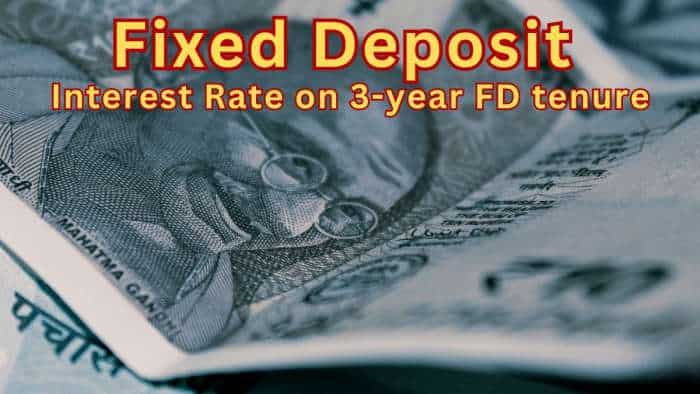
Fixed Deposit Rates for 1 Lakh Investment: Compare SBI, PNB, HDFC, ICICI, and Post Office 3-year FD returns
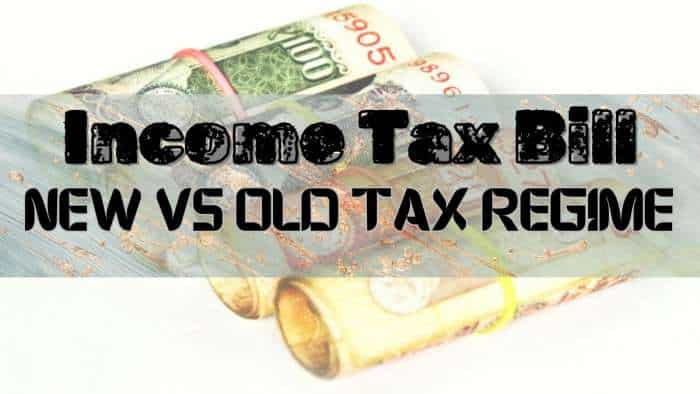
Income Tax Calculations: What will be your tax liability if your salary is Rs 8 lakh, Rs 14 lakh, Rs 20 lakh, and Rs 26 lakh?
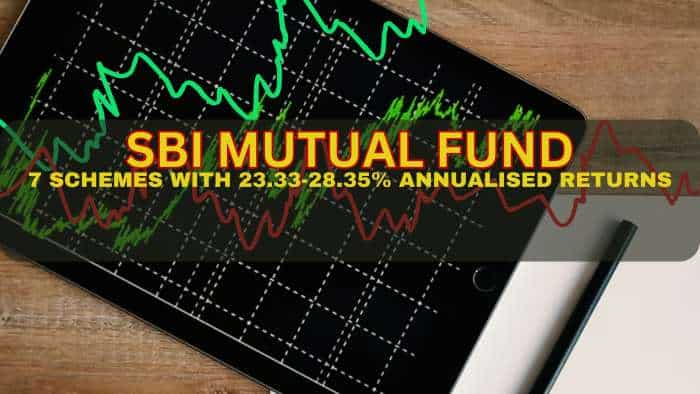
Top 7 SBI Mutual Fund MFs by One-time Investment Return: Rs 1 lakh has grown to Rs 2.85 lakh-3.48 lakh in 5 years; see list, compare SIP returns
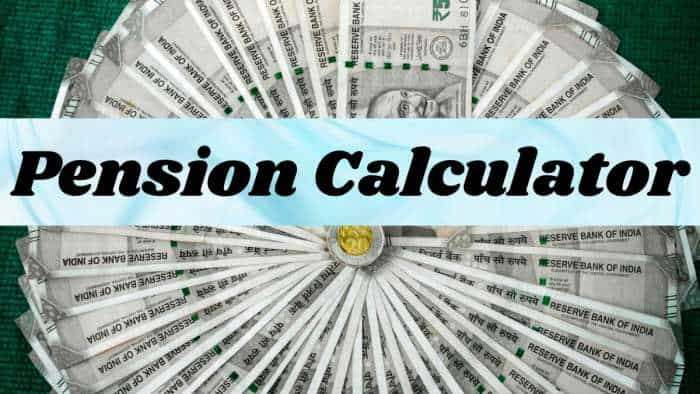
Monthly Pension Calculations: Is your basic pension Rs 25,000, Rs 35,000, or Rs 50,000? Know what can be your total pension as per latest DR rates
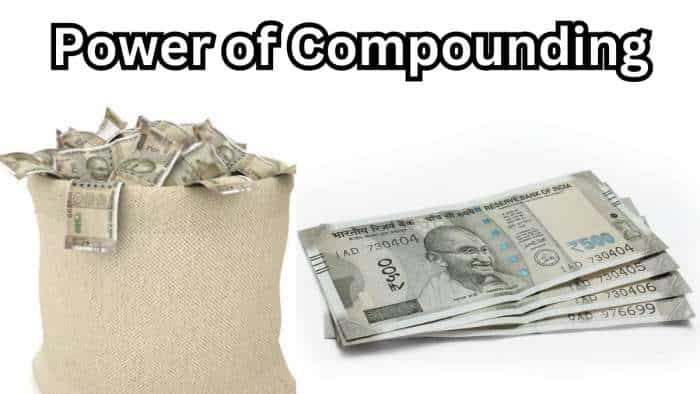
Power of Compounding: How long it will take to build Rs 8 crore corpus with Rs 7,000, Rs 11,000 and Rs 16,000 monthly investments
03:19 PM IST








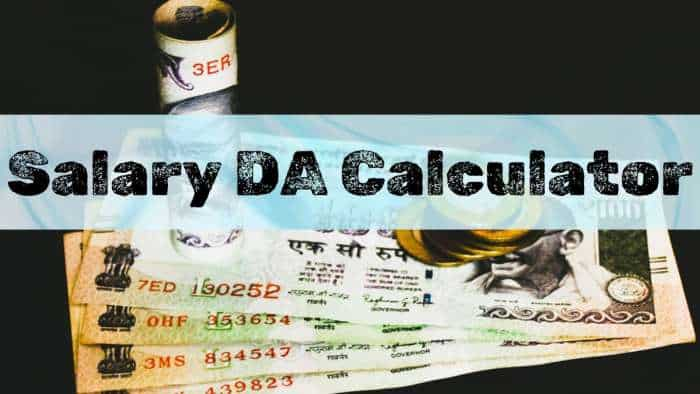
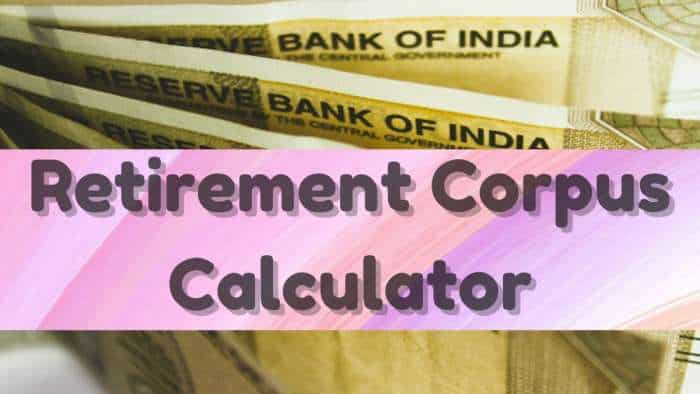
 Baijayant Panda to chair Select Committee on Income-Tax Bill
Baijayant Panda to chair Select Committee on Income-Tax Bill Income Tax department activates section wise mapping of I-T Act, Tax bill
Income Tax department activates section wise mapping of I-T Act, Tax bill  New Income Tax Bill 2025: What changes, what remains, and how it may impact taxpayers
New Income Tax Bill 2025: What changes, what remains, and how it may impact taxpayers Budget 2025: Middle class is like a hen that lays golden eggs, Centre doesn't keep it happy, says AAP's Raghav Chadha
Budget 2025: Middle class is like a hen that lays golden eggs, Centre doesn't keep it happy, says AAP's Raghav Chadha New Income Tax Bill set to be tabled in Parliament next week
New Income Tax Bill set to be tabled in Parliament next week